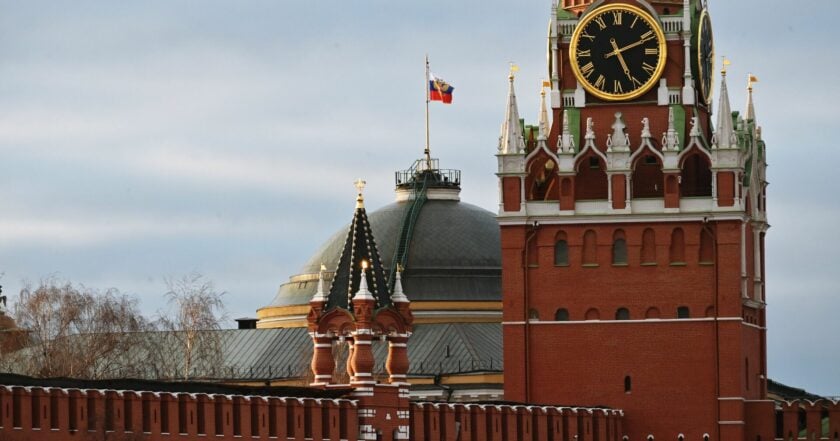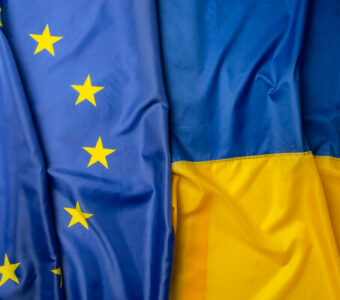Russia conceals plan to boost defense spending by $30 bln by 2025 – ISW

Photo: Ria News
The Russian government plans to increase defense spending further in 2025, although Kremlin officials appear to emphasize planned social spending while avoiding discussing the potential increase in defense spending.
The Institute for the Study of War (ISW) reported that.
The Russian government approved the draft federal budget for 2025-2027 on September 29 and will submit it to the State Duma by October 1. The draft budget states that Russia's federal revenues are expected to grow by almost 12% in 2025 compared to 2024, and the share of oil and gas revenues in the federal budget will increase to 73%.
Bloomberg obtained a draft of the three-year budget, which revealed that the Russian government intends to allocate 13.2 trillion rubles (roughly $140 billion) for defense in 2025, an increase from the previously planned 10.4 trillion rubles (approximately $110 billion) for 2024.
According to Bloomberg, Russia's defense and domestic security expenditures in 2025 will exceed the combined amount spent on education, healthcare, social programs, and the federal economy.
According to reports, the Kremlin plans to boost confidential items' funding from 11.1 trillion rubles (equivalent to about $117 billion) in 2024 to 12.9 trillion rubles (around $136 billion) in 2025.
On September 24, Russian Prime Minister Mikhail Mishustin stated that the government intends to fulfill its "social obligations to citizens." He highlighted the planned funding for healthcare, pensions, and national projects.
According to Russian Finance Minister Anton Siluanov, many resources are currently being allocated towards Russia's "special military operation." However, he emphasized that over the span of six years, 40 trillion rubles (equivalent to around $424 billion) will be directed towards 19 national projects. This is twice the amount that was initially allocated from 2019 to 2024. Siluanov also highlighted that Russia intends to dedicate 180 billion rubles (approximately $1.9 billion) towards modernizing communal infrastructure and providing preferential mortgage programs.
ISW points out that Kremlin officials likely fear war fatigue among the Russian population and try to maintain public support for the war by emphasizing the Kremlin's focus on social projects.
ISW key findings as of September 29:
- Western countries continue to invest in the growth of Ukraine's defense industrial base (DIB).
- Ukrainian forces reportedly struck a Russian ammunition depot and missile storage facility near Kotluban, Volgograd region, on September 29.
- The Russian government is reportedly planning to further increase defense spending in 2025, although Kremlin officials appear to be highlighting planned social spending while avoiding discussions of increased defense spending.
- Ukrainian forces recently advanced in the Glushkovsky district, west of the Ukrainian salient in the Kursk region.
- Russian forces recently advanced in the Toretsk and Pokrovsk directions.
According to reports, Russia's inflation rose to 6% in September from 5.3% in August 2023. This was driven by a rise in consumer prices, especially for food and fuel. The higher inflation is expected to raise the cost of funding Russia's conflict with Ukraine.
The British intelligence has previously observed that the Kremlin is exerting pressure on the Russian Federation's budget by secretly allocating a notable portion of its military expenditures.
Moreover, Russia's recently announced tax hikes will finance growing financial liabilities, including the war in Ukraine.




















































